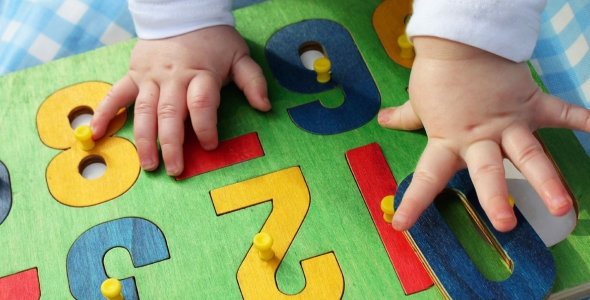
Child development
Normative development is an idealized view. The notion of normal development may itself be construed in rather different ways: as reflecting average expected development, as the absence of psychopathology, or as reflecting some theoretical ideal. Many universal principles of development have been established and there are many culturally dependent factors. Normative development is the study of important information on typical ages at which children acquire particular skills. There is now an increasing emphasis on developmental processes throughout life span, in that context the relation of developmental theory to the expression of psychopathological conditions is important.
Lecture contents:
- Theory and research in child development – child development as a scientific, applied and interdisciplinary field, historical foundations, psychoanalytic perspective, behaviourism and social learning theory, cognitive-development theory, recent theories – information processing, evolutionary developmental psychology, sociocultural theory
- Foundations of development – genetic foundations, prenatal development, prenatal environmental influences, childbirth and birth complications, early learning, motor skills and perceptual capacities, physical growth
- Cognitive and language development
- Intelligence
- Language development
- Personality and social development
- self and social understanding
- Moral development – adoption of societal norms, social understanding, moral reasoning, development of self-control, development of aggression
- development of sex differences and gender roles
- Contexts for development – role of family, peers, media, schooling
Lectures: Once a week
Duration: 9 months
